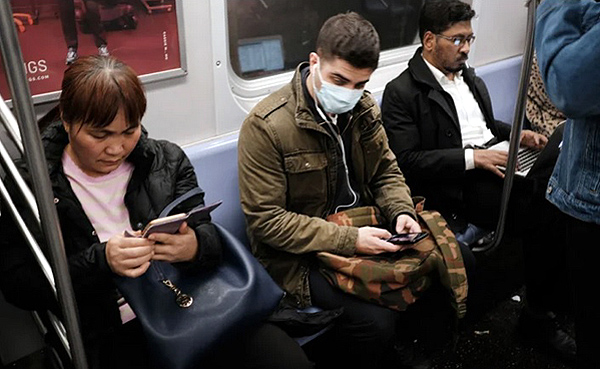 This is not a recommendation that you should not mask. But the personal experience that seven of us just completed in Tanzania has a remarkable affirmation from … the travel insurance industry. That experience does not comport with many of the recommendations about masking.
This is not a recommendation that you should not mask. But the personal experience that seven of us just completed in Tanzania has a remarkable affirmation from … the travel insurance industry. That experience does not comport with many of the recommendations about masking.
Years and years ago when Americans just started traveling to Africa and I just started guiding, the Japanese also just started traveling to Africa. Every Japanese I ever encountered back then masked. In the 1980s when China began opening up every one of the first Chinese travelers who I saw in Africa was masked.
Masking helps prevent the spread of disease. No doubt about that. It prevents colds and some bacterial infections like pneumonia and reduces allergenic reactions. It probably prevents scores of less serious diseases yet to be identified. But I never masked until Covid.
Over my half century in Africa I’ve got sick a number of times from airborne nasties. Especially early on many of my clients did, too. That has not been the case, however, in the last couple decades as African hygiene and sanitation improved so dramatically.
But did we compromise our long-term health by not masking? Probably.
Six fully vaccinated Americans plus myself, all with boosters, just returned home yesterday from Tanzania. We traveled through a country that by all accounts Covid is decimating, a country with probably less than 6% of the population vaccinated and half or more of those vaccinated with the problematic Chinese vaccine, Sinopharm.
I was there for 24 days and everyone for at least 18 days, and we all rarely masked. We masked on small aircraft, although the pilots didn’t and the staff at the airports and airstrips did infrequently. We masked on all the international flights and in the international airports. We masked on arrival at the medical clinic where our PCR tests were conducted. But for 95+% of the time, we didn’t mask.
Most – but not all – of the staff at the places at which we stayed masked, and those properties insisted to me that the staff was fully vaccinated. My staff and driver/guides were fully vaccinated and by their own volition decided to mask all the time that they were driving and guiding. But we as the visitors – as the fully vaccinated visitors – didn’t mask.
We all tested negative three days before coming home.
I knew that if we tested positive KLM would not allow us onto the aircraft and that we would have to self-quarantine until we tested negative. I knew that would be at least three and likely five days if the breakthrough were from the Delta variant. I knew that would cost at least $450/day/person.
And I’m sure that the travel insurance industry knows this, too. Why, then, were they promoting an add-on to all existing policies to cover the costs of quarantine if you tested positive, for a ridiculous cheap amount? For several in our group, the add-on cost $4.80. No one paid more than $15.
Why? Because they are actuaries and gamble that their numbers carry truth. And the numbers which they consider valid suggest the chance that a fully vaccinated traveler will contract enough of the virus to test positive is extremely small.
Three days at $450/day with a premium of a little more than $4.50 as insurance means that they expect fewer than 1 in 300 policy holders to test positive. Anything fewer and they make money. Travel insurance companies are not known to lose money.
Americans are not the brightest folks on the planet. We often conduct our lives by trusting innuendo and failing most due diligence. Many Americans are so petrified by science that they cannot begin to understand Covid. And our government has often not helped the situation, making us even more befuddled by poor interpretations of the known science laced with endless qualifications. I don’t think we’ve understood this pandemic correctly. We’re either terrified by it or denying it.
The truth lies somewhere in between. So I hope our unique experience in Tanzania and the travel industry’s actuaries might contribute to us better understanding the real situation.